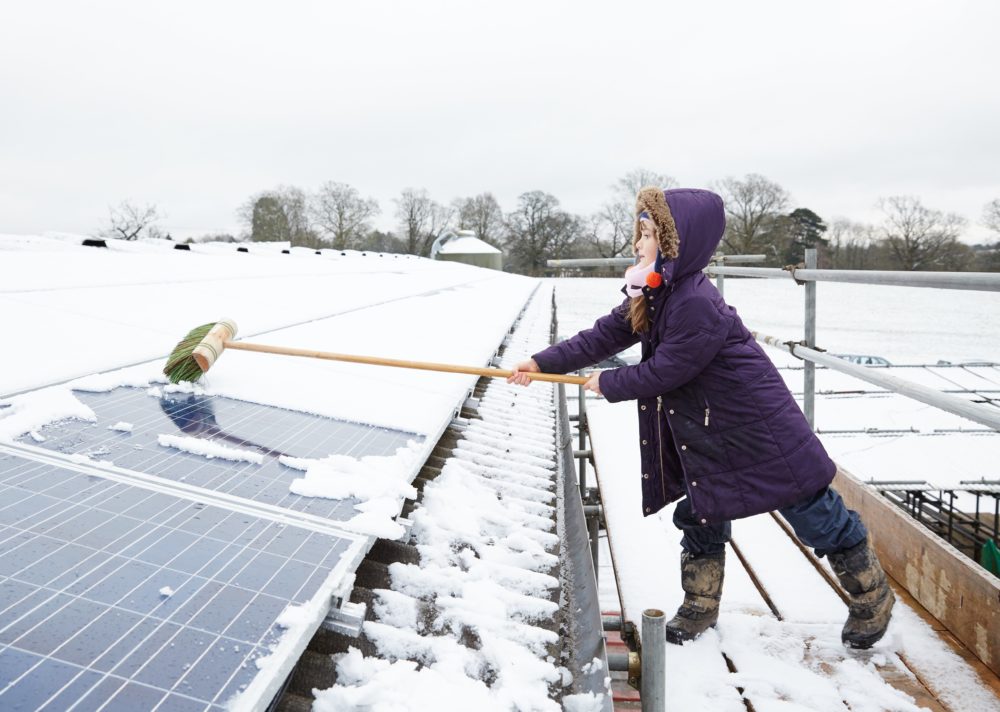“Year on year, the urgency in transitioning to a fully renewable energy system becomes greater, yet, this is not reflected in the commitments and ambitions levels of EU policymakers and Member States” – Veerle Dossche, Energy Policy Coordinator

The revision of the Renewable Energy Directive (RED) was a significant development in the advancement of the renewable energy transition within the European Union. RED III, the revised directive, a key component of the EU’s climate and energy framework, officially entered into force in November and included an increased renewable energy target of at least 42.5% binding at EU level by 2030, an increase from the previous 32%, with an aspiration of 45%. While CAN Europe has advocated for the more ambitious target of 50% share of renewable sources for EU energy consumption to align with the urgent need for climate action, the adoption of RED III still represents a landmark advancement in EU legislation.
Long, intense negotiations on the revision proposals as part of the Fit for 55 package and REPowerEU plan resulted in a directive that both raises the renewables target and lays down a framework that can support an accelerated deployment of renewable energy across the EU. The successful implementation of this directive by Member States is a critical step in achieving a faster, fairer, and sustainable renewable energy transition on the ground. An additional step will be ensuring citizen and local community engagement in the planning and development of projects, and maximising synergies with nature protection.
Under CAN Europe’s 100% Renewable Europe campaign, the organisation has continued to mobilise forces in the membership network and beyond to contribute to a fast and fair renewable energy transition. Together with our members and partners, Guidelines to Faster and Fairer Permitting were developed, which include a ten-step checklist aimed at enhancing the efficiency and fairness of permitting for wind and solar developments in Member States. This checklist highlights several critical steps including the importance of early public engagement, providing benefits to local communities, and ensuring the protection of nature.
To ensure the stability of a future power system based increasingly on renewables, CAN Europe released a video and written materials to explain the role of demand-side flexibility of households, that explain how citizens can manage their demand and gain financial benefits.
